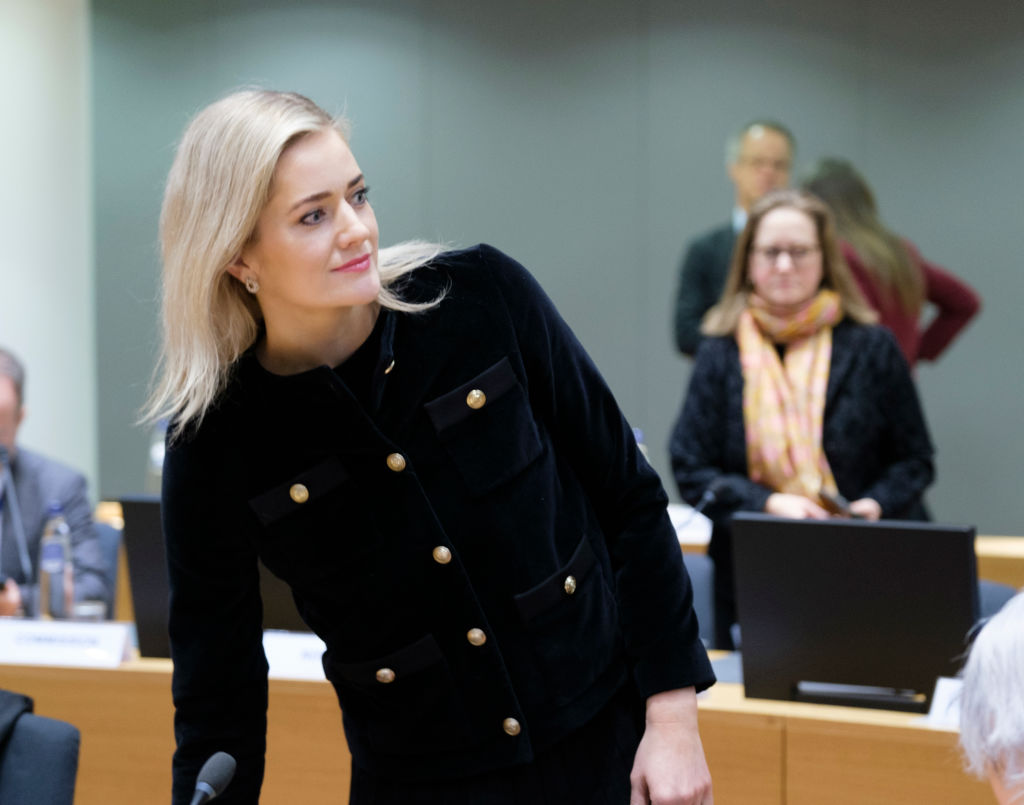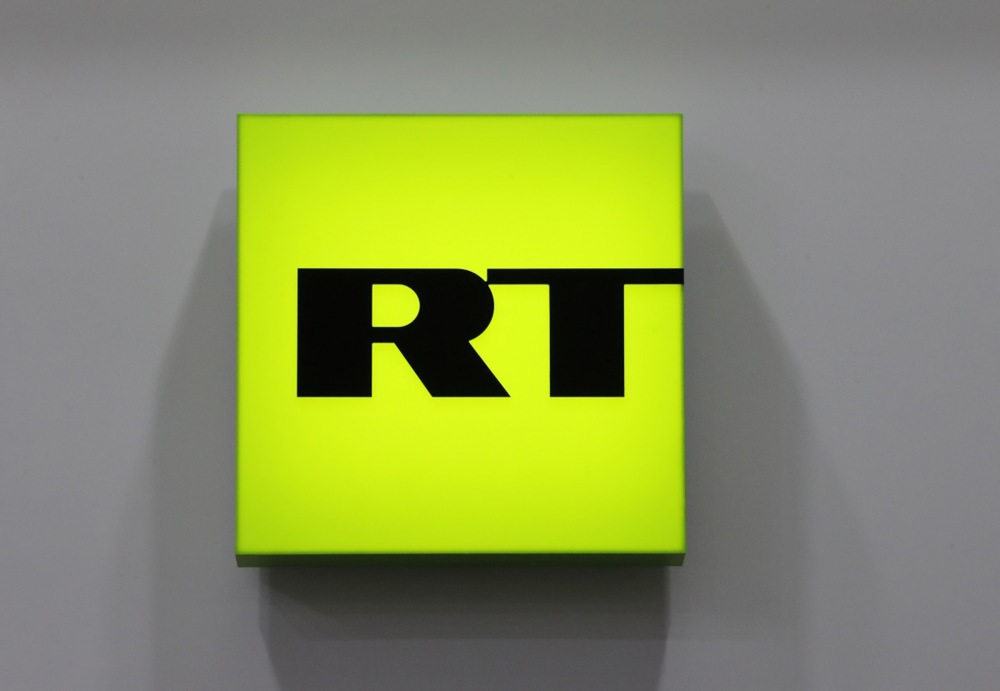After numerous incidents of Russian cyber attacks, sabotage efforts and other destabilising activities, the EU is striking back with a joint declaration and a new legal framework for imposing foreign sanctions.
Russia has been accused of attacking European countries in various ways in apparent retaliation for the bloc’s support for Ukraine, such as with migrant flows in so-called “hybrid warfare” incidents.
In a statement, published on October 8, the High Representative of the EU, Josep Borrell attempted to retaliate by condemning these incidents on behalf of the EU.
“These activities again illustrate Russia’s reckless and irresponsible behaviour and its disregard for the rules-based international order and international law,” he said.
“We have detected an increasing number of a broad range of activities against the EU and its Member States, including cyber-attacks, information manipulation and interference campaigns, cases of arson, vandalism and sabotage, including against our critical infrastructure as well as instrumentalisation of migration and other disruptive actions.
“Russia also continues to disrupt satellite communications, violate European airspace and conduct physical attacks against individuals on the territory of the EU.”
Today, we send a clear & united message against Russia's increased hybrid activities with a new sanctions regime.
Destabilising actions towards the EU, its Member States & partners have a cost.#Russia will not succeed in undermining our resilience and stability.#EUDefence https://t.co/jv6ioJu6fI
— Josep Borrell Fontelles (@JosepBorrellF) October 8, 2024
“These malicious activities are part of a broad coordinated hybrid campaign directed by Russia as an attempt to divide our society, destabilise and weaken the EU and its Member States and our resilience as well as to undermine our support to Ukraine and its ability to defend itself.”
The European countries said their “support to Ukraine will remain solid and unwavering for as long as it takes.”
Borrell announced that Brussels would also be imposing a new bureaucratic framework for adopting sanctions against foreign states as an additional mode of retaliation against Russia.
This so-called “hybrid toolbox” will let the EU target entities which “undermine the fundamental values of the EU and its member states, their security, independence and integrity, as well as those of international organisations and third countries.”
On October 4, Moldovan police accused Russia of meddling in its upcoming presidential election by paying off tens of thousands of voters in a sweeping plot to derail Chisinau’s bid for closer European Union ties.
On October 7 and 8, alleged Russian hackers also targeted Belgian websites.
With the changes, the EU says it will be able to address a variety of hybrid threats such as undermining elections and democratic institutions, economic sabotage, damaging critical infrastructure or public services, using disinformation, hacking and instrumentalisation of migrants.
Under the new framework, the EU can slap individuals or entities suspected of one of the aforementioned activities with asset freezes, depriving them of funds and travel bans, and preventing them from entering or transiting through EU territories.
Russian hackers are suspected of attacking Belgian local government websites after they mysteriously disappeared from the net on October 7. https://t.co/uUsr1qhC1V
— Brussels Signal (@brusselssignal) October 8, 2024





